I've Trained My Entire Life to Be the Person People Rely On When Things Fall Apart.
“Under pressure, we don’t rise to the occasion, we fall to the level of our training.”
When chaos strikes, most people crumble—they panic, freeze, or surrender. But when the world spins out of control, I stand firm, guided by the principles I’ve lived, fought for, and mastered: resilience, discipline, and an uncompromising dedication to freedom. This isn’t abstract theory; it’s the hard-earned truth forged through relentless adversity.
I am blessed to have lived a life that I would never want to trade with anyone, having had the privilege of choosing experiences that most people say they are privileged to have never had. This is my story.
I came to America as a child from Ukraine, one of the most corrupt nations on earth. My upbringing in a country that neither understands nor respects true freedom or capitalism gave me a unique perspective on what makes America exceptional. Here, freedom isn’t just an idea—it’s a way of life. Capitalism isn’t just an economic system—it’s the engine of human ingenuity and progress. I am fiercely patriotic, deeply loyal to the Constitution, and utterly committed to the capitalist way of life.
As a first-generation immigrant, I’ve lived the contrast between tyranny and liberty, between stagnation and innovation. My journey has made one thing clear: America is worth fighting for. Its ideals are not guaranteed; they must be defended with vigilance, discipline, and resilience.
A Libertarian Perspective: Freedom Above All
I’m neither conservative nor liberal. I’m a libertarian, and that perspective has shaped every step of my journey. It’s why I reject government overreach in all its forms, whether it’s imposed by the left or the right. I’ve always believed that the role of government is to safeguard our freedoms, not to micromanage our lives. That conviction gave me the clarity and strength to act when others hesitated. It’s not about political allegiance—it’s about principle, and my principle is simple: freedom isn’t negotiable.
A Formative Stand for Nonviolence in the Face of Injustice and Under Fire
In 2004, I joined the International Solidarity Movement (ISM) in Palestine, an organization dedicated to fostering nonviolence in one of the most volatile regions of the world. ISM’s mission is rooted in the belief that international presence can deter violence, protect human rights, and create space for peaceful dialogue. As a person of Jewish descent, this commitment resonated deeply with me—not as a political act, but as a moral obligation to stand for justice and dignity for all people.
My work in Palestine was guided by the fundamental principle that those who make nonviolence impossible make violence inevitable. ISM’s presence was an effort to counter this reality: to stand between aggressors and the vulnerable, to ensure that human rights were not ignored in the fog of conflict, and to create opportunities for peace where they seemed most elusive. We didn’t carry weapons; we carried conviction. Our strength lay in the power of bearing witness, refusing to turn away, and reminding the world that nonviolence is not weakness—it is resistance at its most courageous.
The roots of nonviolent resistance run deep, from Gandhi’s struggle for Indian independence to Dr. Martin Luther King Jr.’s fight for civil rights in America. These movements demonstrated that nonviolence is not passive; it is an active, deliberate strategy to confront injustice. My time in Palestine was an extension of this legacy, a stand to ensure that the voices of the oppressed were heard and their rights defended.
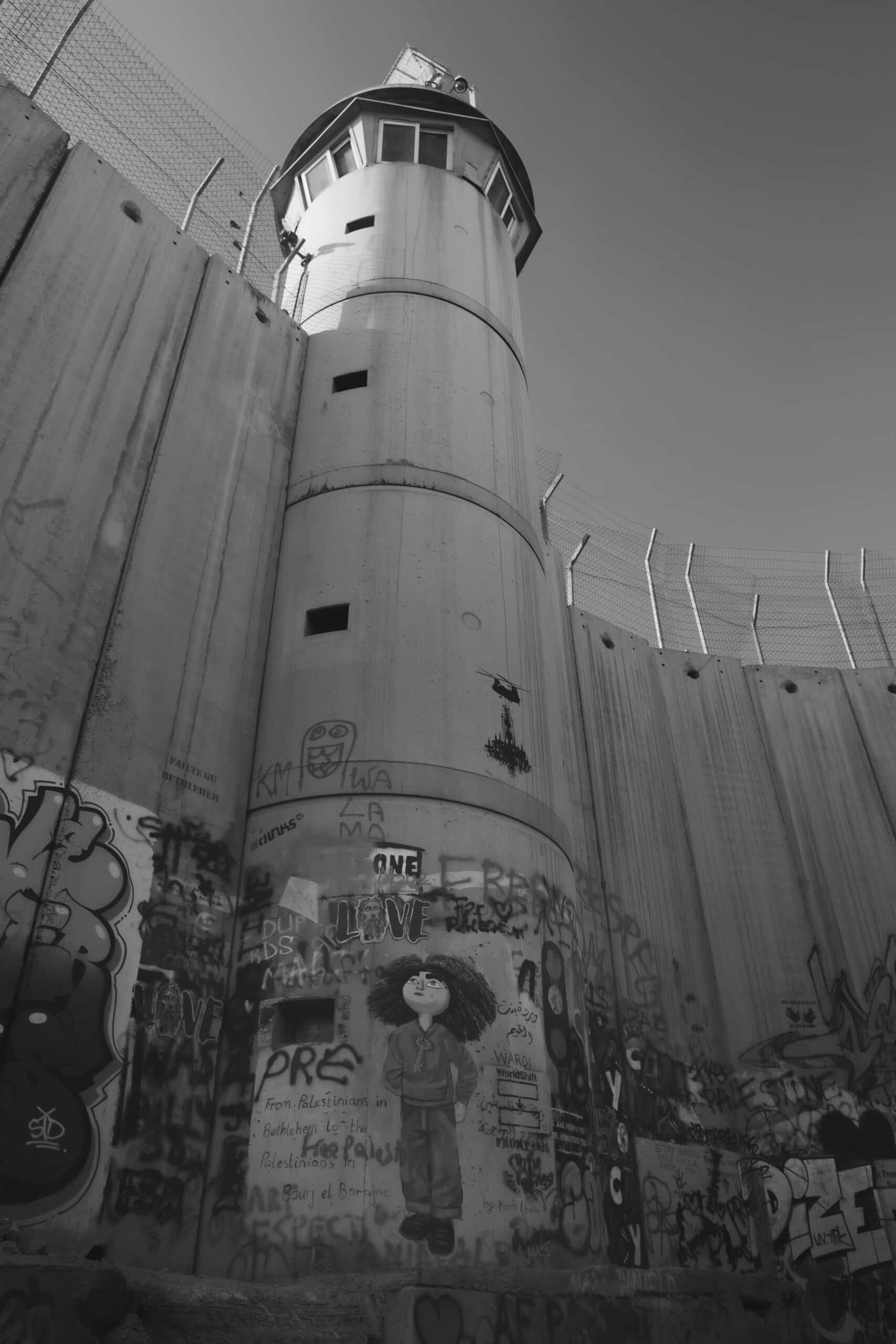
Working on the ground, I witnessed the fragility of human life and the resilience of human spirit. We stood in solidarity with those whose lives were disrupted daily by violence, creating space for nonviolence to take hold, even in the most hostile conditions. My role was not to impose solutions but to embody the belief that human rights and dignity are universal and worth defending.
This experience shaped my understanding of resilience and justice. It reinforced my belief that the fight for nonviolence and human rights is a battle worth waging, even when the odds seem insurmountable. Palestine was not just a formative chapter in my life—it was a reminder that courage means stepping into the space where nonviolence can take root and grow, no matter how hostile the ground may seem.
Entrepreneurship from an Early Age: The Story of Davidzon Network Technologies
As a first-generation immigrant, I was shaped by the values of resilience and hard work, which inspired my fascination with building something meaningful from the ground up. This perspective led me to explore opportunities in the rapidly grow
ing digital space, where I saw the potential to create lasting impact. While still in high school, I launched my first company, blending my passion for technology with a drive to honor my family’s journey and chart my own path.
In 1999 I founded Davidzon Network Technologies, a web design firm that quickly earned a reputation for delivering innovative and impactful digital solutions. The company served prestigious clients such as Columbia University and the Automobile National Heritage Area, helping them establish strong online presences during the internet’s formative years.
Focusing on cutting-edge design and strategic functionality, Davidzon Network Technologies helped businesses and institutions establish impactful digital identities. Launching the company in high school ignited my passion for entrepreneurship and showed me the transformative power of technology to empower others.
Founding ThinkHost: Proving That Values Drive Innovation
Years before my time in Palestine, I founded ThinkHost, a revolutionary web hosting company that operated entirely on renewable wind and solar energy. ThinkHrost wasn’t just a business—it was a challenge to an industry stuck in its old, unsustainable ways. While others doubted the viability of clean energy in tech, I built a profitable enterprise that proved them wrong.
ThinkHost became an example of how values—like sustainability, freedom, and innovation—can drive success. It showed that capitalism, when paired with strong principles, could solve problems government regulations never would. The company’s success led to a significant exit, cementing it as a win not only for me but for the movement toward a more sustainable future
After a life-changing experience riding my bike across America in 2004, I founded the Common Circle Education and the Sustainability in Motion Bicycle Tour to inspire hands-on learning and empower individuals to embrace sustainable living practices through adventure and connection. The Sustainability in Motion Bicycle Tour was a groundbreaking program, combining the thrill of adventure with a deep dive into sustainable living practices. Participants cycled through stunning landscapes, visiting organic farms, eco-villages, and permaculture sites to gain hands-on experience in sustainable systems.
Guided by expert instructors, this immersive journey provided a unique opportunity to explore real-world applications of permaculture design, renewable energy, and community building. Along the way, participants connected with like-minded individuals, forged lasting relationships, and developed the skills needed to lead more sustainable lives.
This transformative tour wasn’t just a journey across miles but also a voyage into a more conscious and ecologically harmonious way of living. By blending physical challenge, education, and inspiration, Sustainability in Motion empowered participants to be agents of change in their own communities.
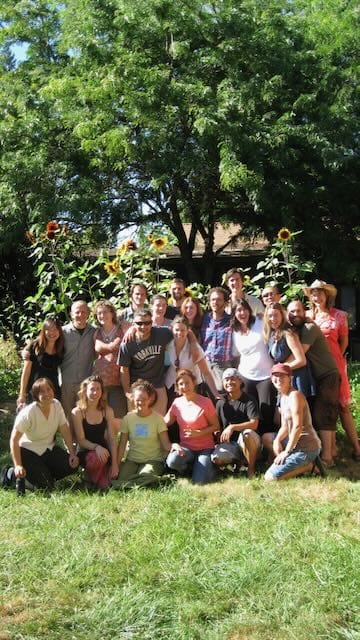
Building on the success of ThinkHost, I founded the Regenerative Leadership Institute, a school that taught self-sufficiency skills that also integrated self-awareness. The Institute taught over 500,000 students in 190+ countries around the world with tools to thrive in adversity. It wasn’t just about growing food or building sustainable systems—it was about cultivating resilience, leadership, and the ability to adapt in a rapidly changing world.
The Regenerative Leadership Institute carved its name in history as the first permaculture school to make the Permaculture Design Certification (PDC) course freely available online, democratizing access to an education that was traditionally expensive and often geographically restricted. This bold initiative not only disrupted the conventional model of sustainability education but also underscored the Institute’s commitment to creating a more inclusive and regenerative future for people and the planet.

Permaculture, a system of ecological design and sustainable living, has long been a cornerstone for those seeking to align human activity with the rhythms of nature. However, access to PDC courses historically came with significant barriers: high fees, limited physical locations, and restricted schedules. By offering the course online for free, the Regenerative Leadership Institute broke down these barriers, opening doors for learners worldwide—regardless of financial means, geographic location, or life circumstances.
The Institute’s global reach and success proved that education is a force multiplier for freedom and sustainability. By democratizing knowledge and emphasizing the importance of self-awareness, we didn’t just teach skills—we empowered people to lead. Like ThinkHost, the Institute was another significant business exit for me, but its impact continues to ripple out into communities worldwide.
After selling Regenerative to a private investment fund, I launched Simple+Optimum with a mission to help individuals take control of their health and live with intention. Rooted in the principles of low-inflammation plant-based nutrition, mindfulness, and a deep connect
ion to nature, the platform provides practical tools to reduce inflammation, manage weight, and cultivate sustainable habits that promote long-term well-being.
Modern science increasingly supports a foundational principle of health: excess inflammation lies at the root of nearly every disease. From chronic conditions like heart disease and diabetes to autoimmune disorders, neurodegenerative diseases, and even mental health challenges, inflammation is often the common thread. While inflammation is a natural and necessary response to injury or infection, its chronic presence in the body wreaks havoc on systems designed to function in balance.
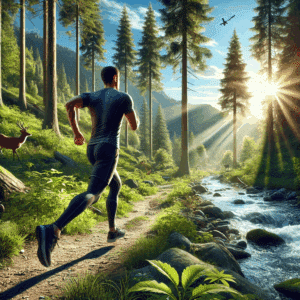
At its core, Simple Optimum was created to address a fundamental challenge: how to thrive in a complex, fast-paced world while maintaining alignment with one’s core values and well-being. Its mission is to offer streamlined, effective core habit routines, all in an accessible, easy-to-implement format, and all designed to reduce excess inflammation in the body. What sets Simple Optimum apart is its commitment to making these practices accessible and easy to implement, regardless of your starting point. Whether you’re an overwhelmed professional, a parent juggling multiple responsibilities, or someone seeking greater clarity and focus, Simple Optimum’s routines are crafted to fit seamlessly into busy lives, offering maximum impact with minimal friction.
Through a range of resources, including expertly designed courses, personalized lifestyle guides, and a robust recipe library, Simple+Optimum offers a clear path to achieving optimal health. Whether through the Plant-Based Health Course or our Thrive Online programs, the platform equips users with actionable strategies to transform their lives and embrace a truly vibrant way of living.
ResilientWisdom: Turning Adversity into Strength, Empowering Leaders to Thrive, Redefining Leadership Excellence
I founded ResilientWisdom as a community of practice where high performers can access the mindset, strategies, and tools needed to overcome challenges and excel under pressure. True leadership goes beyond skills—it’s about cultivating resilience, clarity, and the ability to inspire and deliver results that leave a lasting impact. ResilientWisdom is where those seeking to lead at the highest level come to refine these essential qualities.
This platform is designed for those who aim not only to succeed but to excel—even in the face of adversity. By focusing on mental toughness, emotional intelligence, and strategic clarity, ResilientWisdom empowers high performers to push boundaries and lead with authority.
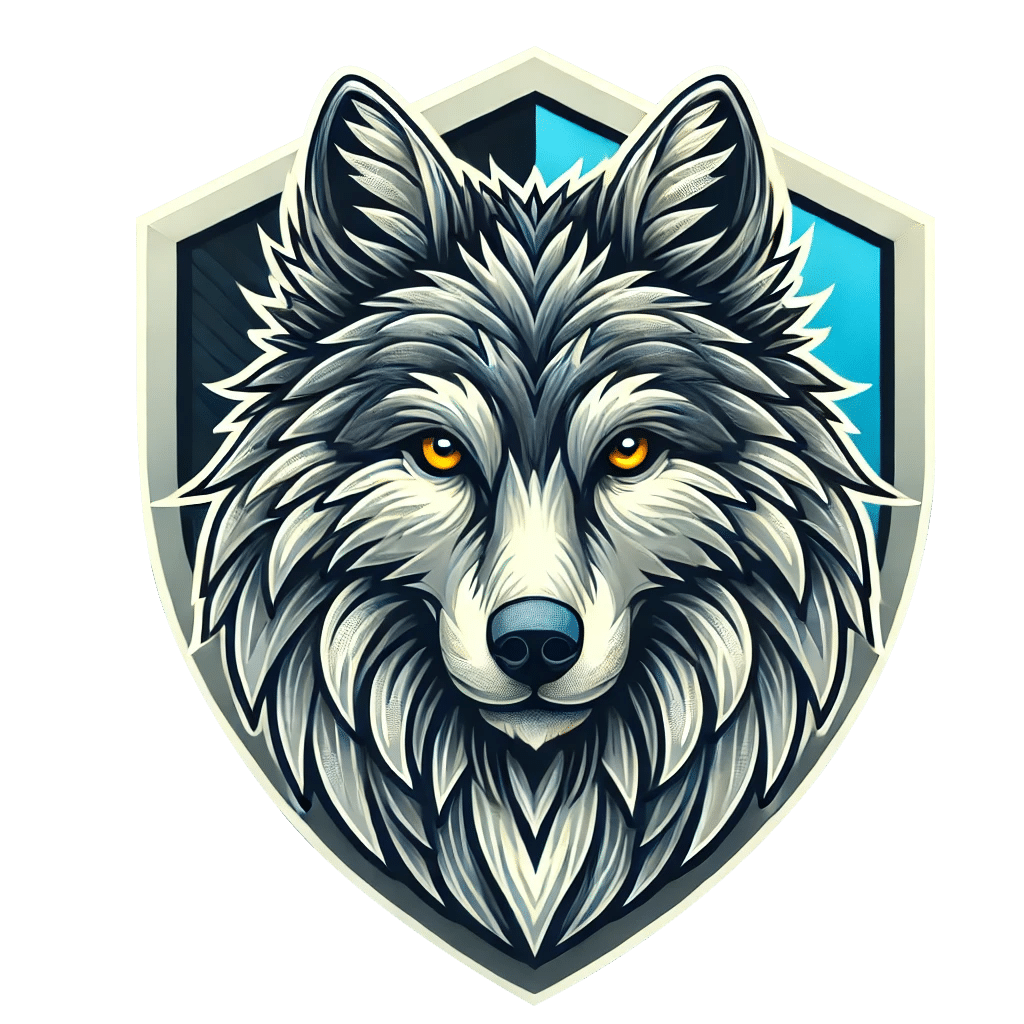
Learning Through Action: My 2018 Run for Berkeley City Auditor
In 2018, I entered the political arena, running for Berkeley City Auditor with a bold goal: to bring libertarian principles of transparency, accountability, and free markets into a city crippled by corruption, dysfunction, and overreach. Berkeley, a bastion of liberal politics, had long been plagued by policies that stifled innovation and drove housing prices through the roof. My campaign was a direct assault on the anti-free market NIMBYism that had created a housing crisis and left countless residents unable to afford a place to live.
My focus on housing wasn’t just about addressing an economic issue—it was about challenging the entrenched system that had weaponized bureaucracy to block growth and development. In my Berkeleyside opinion piece, I articulated a vision for reform rooted in common sense and free-market solutions. I called for cutting red tape, streamlining development, and dismantling the restrictive policies that served the interests of a few at the expense of many. Berkeley’s housing crisis was a failure of leadership, and my campaign was an unapologetic effort to hold the city accountable and restore economic sanity.
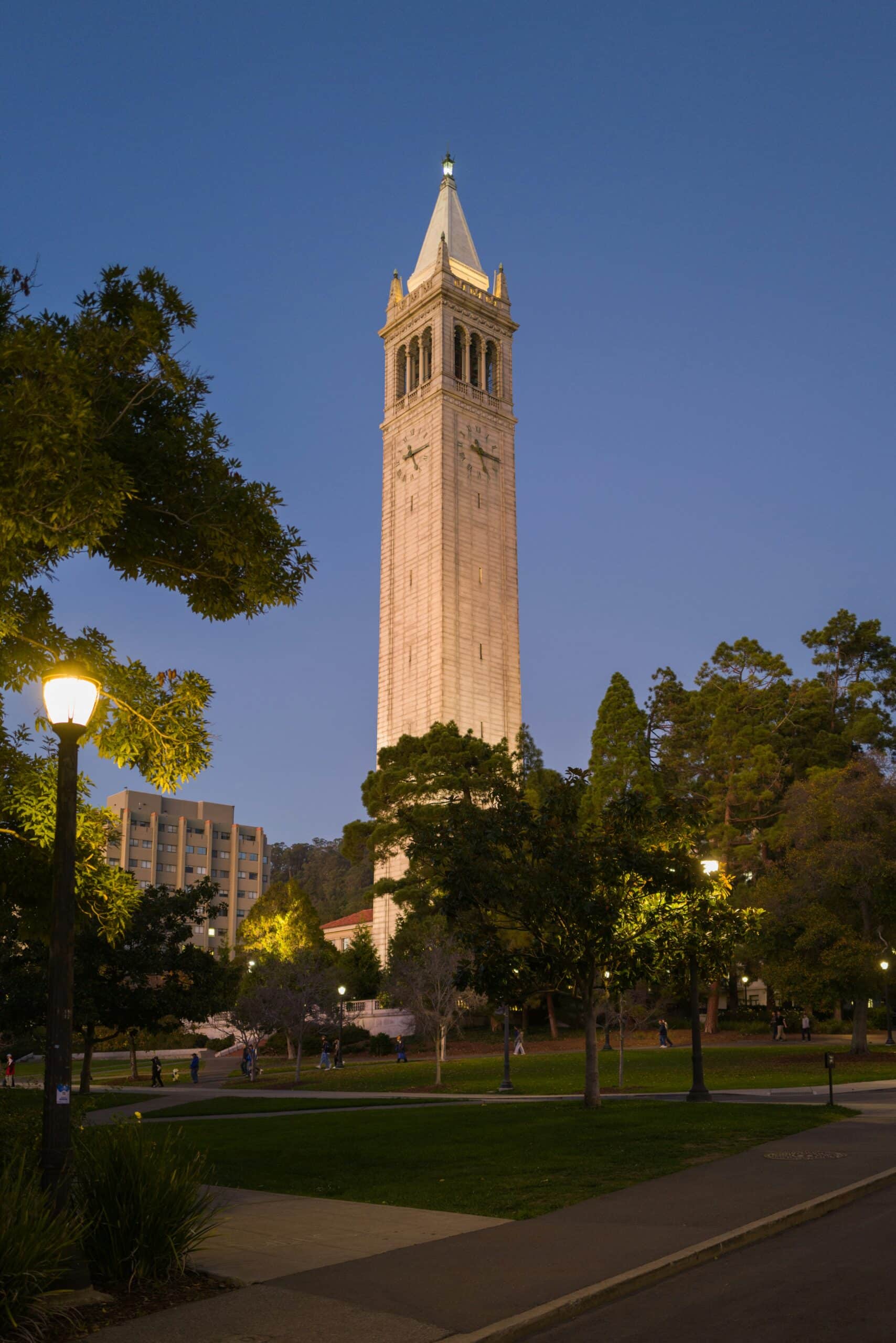
Running for a citywide office against an establishment-backed candidate was no small feat, especially in a city so resistant to change. Despite this, I garnered 7.63% of the vote—more individual votes than any sitting City Council member received in their district races. While they campaigned in small, concentrated areas, I reached across the entire city, rallying voters who were fed up with the status quo and ready for a new approach. This result, though short of victory, proved that my message resonated even in one of the most ideologically entrenched cities in America.
Guided by my philosophy of “fail fast, fail often, fail forward,” I approached this campaign as a necessary step in a much larger fight. Every door I knocked on, every debate I engaged in, and every vote I earned taught m e invaluable lessons about resilience, coalition-building, and navigating political resistance. I didn’t see the 2018 race as a loss—I saw it as an opportunity to refine my approach and prepare for the battles that lay ahead.
This campaign was more than just a political experiment; it was a crucible. It hardened my resolve, sharpened my strategy, and laid the foundation for the decisive victories that followed. Bringing libertarian principles into a deeply liberal, dysfunctional city wasn’t easy, but it was necessary. My campaign wasn’t just about housing or auditing—it was about taking a stand for freedom, accountability, and the belief that even the most entrenched systems can be challenged and changed. The lessons I learned in Berkeley would later fuel the transformative leadership that defined my future endeavors.
When the government imposed sweeping COVID mandates, it wasn’t about safety—it was about control. Bureaucrats trampled Constitutional rights with a mix of arrogance and ignorance, turning fear into a tool to strip Americans of their freedoms. While many surrendered without a fight, I chose a different path. I stood up for liberty. I didn’t just resist; I co-founded and co-led a movement that sent shockwaves across the nation.
In April 2020, at a time when most were still paralyzed by shock and awe, I filed a lawsuit against Berkeley Health Officer Lisa Hernandez for blatant violations of Constitutional rights. The government had crossed a line, trampling on the freedoms enshrined in the First Amendment and attempting to dictate every aspect of daily life. While others debated the merits of the mandates, I recognized them for what they were: an assault on the very foundation of liberty
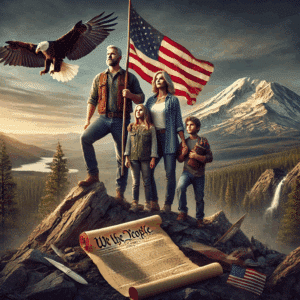
In April 2020, at a time when most were still paralyzed by shock and awe, I filed a lawsuit against Berkeley Health Officer Lisa Hernandez for blatant violations of Constitutional rights. The government had crossed a line, trampling on the freedoms enshrined in the First Amendment and attempting to dictate every aspect of daily life. While others debated the merits of the mandates, I recognized them for what they were: an assault on the very foundation of liberty.
I then moved to Shasta County (Redding, California) where I delivered a fiery speech to the Shasta County Board of Supervisors, demanding they reopen the economy and uphold the Constitution. Calling out their betrayal of conservative values and surrender to socialism, I warned them that failure to act would result in a citizen-led special election to restore freedom and reopen businesses, making a promise to destroy their political careers if they fail to uphold their oath to the Constitution. They ignored me and countless other patriots who stood before them month after month, so we followed through on our promises and executed a highly successful recall that made international news.
This wasn’t a polite political disagreement; it was a war for the very soul of our republic. At its core was the removal of Leonard Moty from his seat, a former career police officer who betrayed his oath to uphold the Constitution. As a member of the Shasta County Board of Supervisors, Moty chose to side with authoritarian mandates, betraying the very principles he had sworn to defend. His support for government overreach and unconstitutional COVID policies made him the face of betrayal in a county that values freedom above all else. The recall transformed the board’s majority, replacing RINOs with true patriots committed to defending constitutional values.
Moty wasn’t acting alone. He was propped up by a corrupt system, including County Health Officer Karen Ramstrom and County CEO Matt Pontes, who enforced and defended draconian mandates that violated fundamental rights. Karen Ramstrom became the enforcer of these unconstitutional policies, using her position to impose restrictions that trampled on individual freedoms. Meanwhile, Matt Pontes backed her, ensuring that the county machinery rolled over any opposition. Together, they symbolized the arrogance of power unchecked by accountability.
But Shasta County didn’t bow down. We fought back, and we won. The recall movement mobilized thousands of citizens who were fed up with being told how to live their lives. It wasn’t just about removing officials—it was about sending a message that government serves the people, not the other way around. The culmination of this effort was the removal of Leonard Moty from office, a powerful statement that betrayal of Constitutional principles would not stand.
The fallout didn’t stop there. Ramstrom, the architect of Shasta County’s overreach, was fired, and Pontes resigned in disgrace, unable to withstand the pressure of a community reclaiming its power. The movement didn’t just change the leadership of Shasta County; it became a symbol of resistance to tyranny, drawing international attention from outlets like CNN, the BBC, and The Guardian.
This wasn’t just about masks or mandates—it was about restoring the rule of law and defending the Constitution. It was about proving that when citizens unite, even entrenched bureaucrats and career politicians are no match for the power of liberty. The Shasta County Recall stands as a testament to what happens when Americans refuse to comply with unconstitutional orders and instead take a stand for freedom.
For me, this fight wasn’t optional—it was inevitable. As a libertarian, I believe that government’s role is to safeguard our freedoms, not dictate our lives. The recall was a declaration that the Constitution is not just a piece of paper—it’s a promise that we, as a people, will not tolerate the erosion of our liberties. Shasta County became the tip of the spear in the fight for freedom, and I’m proud to have helped lead that charge.
Emotional Intelligence Meets Discipline and Extreme Ownership
Resilience isn’t just physical toughness—it’s mental clarity, emotional regulation, and the ability to lead yourself before leading others. Emotional intelligence, combined with discipline and extreme ownership, is the bedrock of my philosophy. Emotional intelligence gives you the insight to understand yourself and others; discipline ensures you act with purpose instead of impulse; extreme ownership guarantees you never point fingers when things go wrong—you fix it.
This combination isn’t just theory. It’s the operating system I relied on during the chaos of Shasta County, the legal battles in Berkeley, and every fight I’ve undertaken for freedom. Whe n the stakes are highest, you don’t rise to the level of your aspirations—you drop to the level of your training. That’s why developing emotional intelligence and discipline is non-negotiable. It’s how you win when the world is against you.
The Spiritual Journey - Vision Quests and Ceremony: Healing and Integrating Through Ancient Practices
At some point along my journey, I discovered the teachings of John Trudell, a Native American elder whose profound insights gave me a powerful sense of context for my life and began to shape my worldview. In early 2012, I found my way to the Native American Church and its ceremonies through a search for deeper healing and connection, drawn by their profound wisdom in uniting mind, body, and spirit. Sitting in ceremony with the Native American Church and participating in vision quests was not just a journey into tradition—it was a transformative process of healing and integration. These practices taught me to merge mind, body, and spirit in a way that few modern approaches ever could. They forced me to confront the deepest parts of myself, including the shadows of trauma, with unflinching honesty and presence.
A vision quest strips life down to its essentials. Days of solitude, fasting, and exposure to the elements push the body to its limits, creating a physical intensity that mirrors the internal emotional and spiritual journey. It’s in this crucible of discomfort that the mind and body begin to align, breaking through old patterns and opening a pathway to profound healing. Ceremony, on the other hand, connects you to a shared space of prayer, storytelling, and community, grounding the lessons learned in the quest with a sense of belonging and collective purpose.
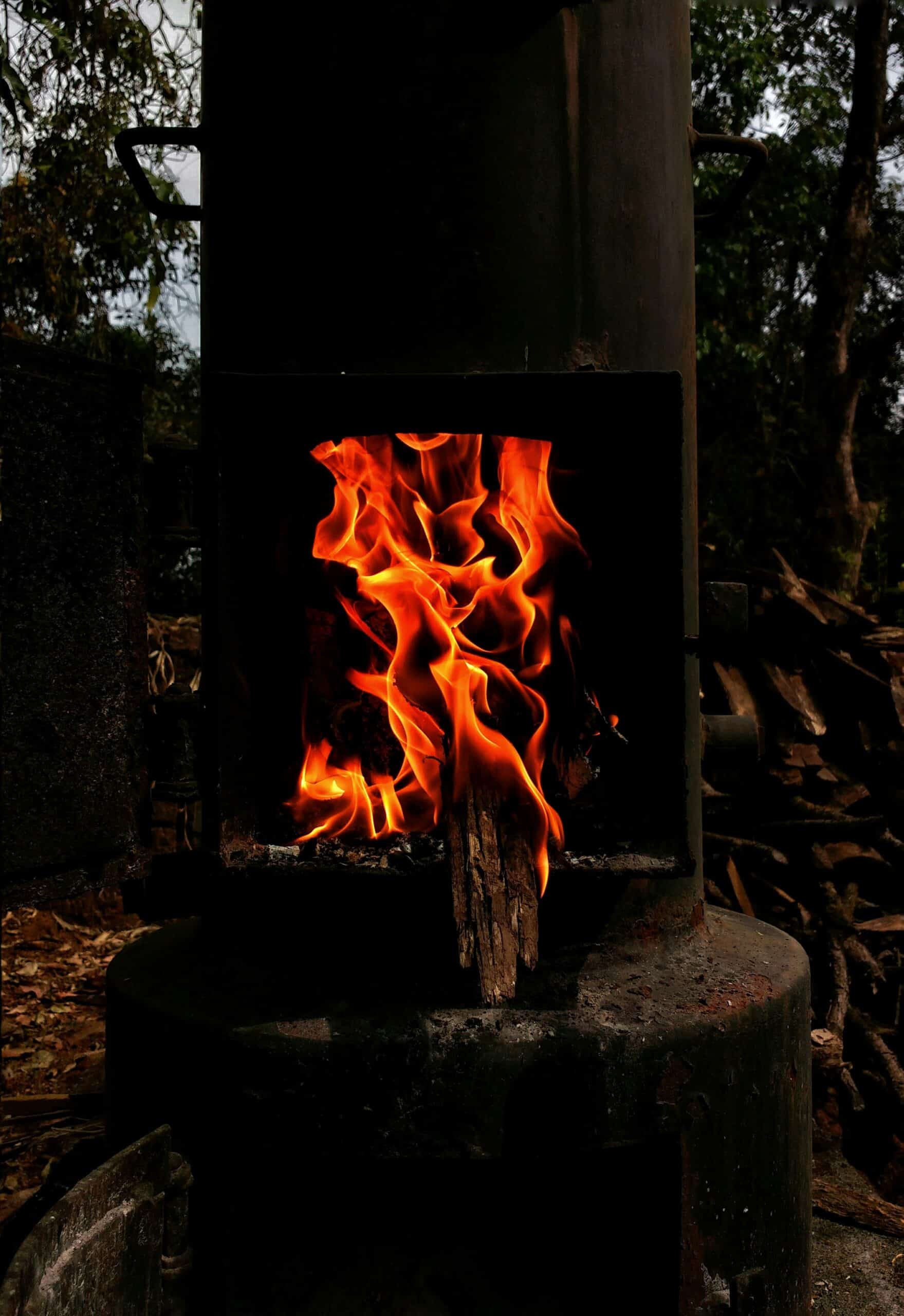
For me, these practices became a way to truly heal and transcend PTSD. Trauma often lives in the body, locked in patterns of tension and fear, while the mind races to make sense of it all. The ceremonies and vision quests I participated in required me to be fully present with both—the aching body, the swirling emotions, and the scattered thoughts—until the barriers between them began to dissolve. In this process, I discovered that healing doesn’t mean erasing pain; it means integrating it, allowing it to become a part of your strength rather than your weakness.
Through these ancient practices, I learned that resilience is not about pushing through or suppressing trauma but about embracing the fullness of human experience. The lessons of vision quests and ceremony taught me to reconnect with my body as a source of wisdom and my mind as a tool for clarity. Together, they helped me achieve not just healing, but transformation—a deep and enduring integration of mind, body, and spirit.
Discovering Buddhism: Wisdom and Presence at Spirit Rock
In the same period that I began exploring Native American ceremonies, I also delved deeply into the teachings of Buddhism. For years, I regularly attended dharma talks at Spirit Rock Meditation Center, where Jack Kornfield and other renowned teachers offered profound insights into mindfulness, compassion, and the art of presence. These evenings were transformative, guiding me to sit with life’s experiences—both the pain and the beauty—with equanimity and openness.
At Spirit Rock, I learned that clarity and wisdom arise not from avoiding suffering but from fully engaging with it. The practice of mindfulness taught me to embrace each moment, no matter how uncomfortable, and to respond to challenges with awareness rather than reactivity. This approach resonated deeply with my simultaneous journey into somatics and Native American spirituality, reinforcing the importance of integrating mind, body, and spirit.
These Buddhist teachings became a foundational part of my worldview, complementing the lessons I was learning through ceremony and vision quests. Together, they offered a holistic path to resilience, healing, and self-discovery that continues to shape the way I live and work today.
Death as a Brutal and Incredibly Wise Teacher - Honoring Grief and Loss
Throughout my life, I’ve been exposed to death in ways that few ever experience. From the frontlines of conflict to personal loss, I’ve witnessed the rawness of life’s fragility. In those moments, grief became an unrelenting teacher—brutal yet wise. It forced me to confront the impermanence of all things, shaping my understanding of what truly matters. Through grief, I’ve learned that life’s beauty is not found in its certainty, but in its fleeting nature, in the depth of our connections and the moments we share.
Death is certainly an incredibly brutal but also incredibly wise teacher. The resulting grief strips away the distractions and leaves behind only what is real. It’s a force that can break us, but also one that teaches us to rebuild and grow stronger. In my own journey, it has refined my capacity for empathy, teaching me to honor the full spectrum of human experience. It has shown me that the intensity of pain is only matched by the depth of love, and through loss, we come to appreciate the beauty of life more fully.
Rather than viewing grief as something to be avoided, I have come to embrace it as a guide—a constant reminder to live with intention, to cherish every fleeting moment. It is a reminder that the richness of life lies in its impermanence, and in accepting its fragility, we discover its true beauty. Grief has shaped my path, teaching me that every end carries the seed of a new beginning, and that the journey, with all its sorrows and joys, is what gives life its profound meaning.
My passion for somatics—the deep connection between body, mind, and movement—has been a constant thread in my life, evolving through different forms of discipline and expression. It began with martial arts, where I trained first in Taekwondo and later in Hapkido. These practices instilled the foundational principles of focus, discipline, and respect for the body’s power and potential. From there, I transitioned to CrossFit, where I worked with a brilliant personal trainer who introduced me to functional movement. For the first time, I began to understand movement as a system—not just for strength and performance, but for adaptability and long-term resilience.
Right before COVID, I discovered yoga and ecstatic dance, which deepened my connection to the psychological
and emotional dimensions of movement. Ecstatic dance revealed the power of non-linear movement to process emotions, release energy, and connect deeply with my body, offering healing beyond words or structure.

Yoga, on the other hand, taught me the harmony of strength and stillness. Together, these practices freed me from rigidity and opened the door to pure expression, introducing me to the profound integration of psychology and movement that would shape my journey forward.
When COVID struck and society was plunged into fear and compliance, I refused to accept the restrictions placed on personal freedom and the human need for connection. I sought out “illegal” kettlebell classes and continued training at my gym, which courageously refused to shut down despite government mandates. In defying these restrictions, I reclaimed my autonomy and upheld my belief that the body is central to resilience—both physical and mental.
It was during this time of resistance and defiance that I discovered hot yoga. The intensity of the practice, combined with its grounding presence, called to me. I committed to a hot yoga teacher training program, immersing myself in the discipline despite the ongoing societal chaos. Becoming an instructor was not just about mastering the postures or leading a class—it was about holding space for transformation and personal growth, both for myself and for others.
Today, teaching hot yoga is an extension of my passion for somatics and my dedication to fostering growth. Each session is an opportunity to guide others through their own journeys of resilience, presence, and self-discovery. For me, yoga is more than a practice; it’s a framework for transformation, a way to empower others to connect with their bodies and unlock their full potential. Teaching yoga is simply another way to hold space for the transformative process of becoming who we are meant to be.
Resilience: The Core of Everything
A rigid tree shatters in the storm, while a spineless tree is nothing more than a bush. Strength demands a backbone, but resilience requires the ability to bend without breaking. Whether building groundbreaking businesses, fighting in the courts, or leading political resistance, my story is about one thing: resilience in adversity. It’s about refusing to back down when principles are on the line. It’s about embracing discomfort, standing tall in the face of fear, and leading with both strength and humility.
I teach resilience because I’ve lived it. I teach freedom because I know what it’s like to lose it. And I stand for America because I’ve seen the alternative. My journey is proof that when you combine discipline, emotional intelligence, and unshakable principles, you don’t just survive—you thrive.

